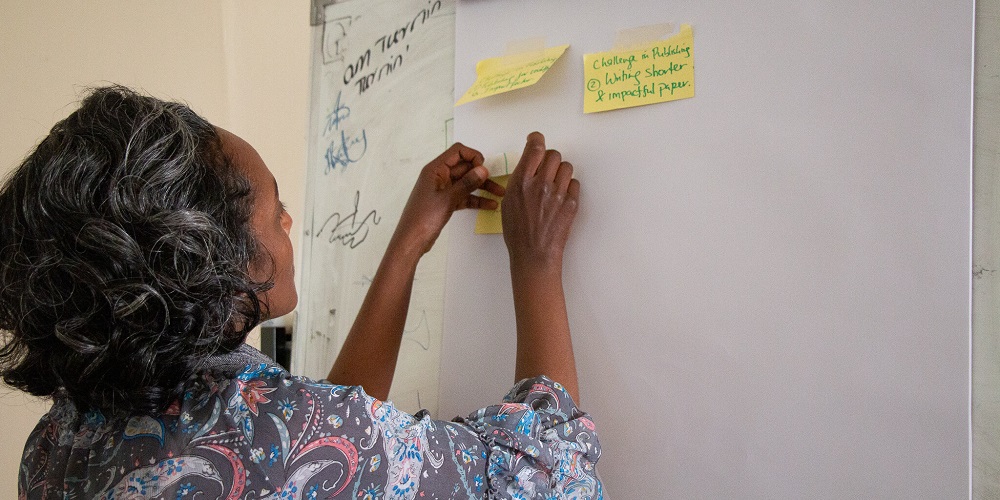What is transdisciplinary science?
For the ISC, transdisciplinary science means the co-design of research and the co-production of knowledge together with communities and societal actors in a way that integrates diverse scientific and societal perspectives on given issues.
Transdisciplinary science not only helps to generate actionable, context-specific and more nuanced knowledge and solutions to specific challenges, it is also a form of science that is premised on building closer relationships between science, policy and practice.
Our impact
The International Science Council has been promoting transdisciplinary science most notably through:
- the creation of Future Earth, a global research network that promotes transdisciplinary research for a more sustainable planet
- the development and implementation of two pioneering international transdisciplinary research funding programmes: Transformations to Sustainability (T2S, 2014–2022) and Leading Integrated Research for Agenda 2030 in Africa (LIRA 2030, 2016-2021)
- high-level discussions with national science funders, foundations and development agencies, and international scientific institutions on creating an enabling environment for transdisciplinary research (e.g. the Global Forum of Funders, the Global Research Council).
Through these efforts, the ISC has generated extensive context-specific and actionable knowledge and data on a wide range of socio-ecological challenges in various parts of the world, as well as on conditions, opportunities and challenges for transdisciplinary research, and on how to build the institutional and scientific capacities required to successfully undertake this type of research.
Some of the key comparative learning from these efforts is captured in:
- Paulavets, K., Moore, S. and Denis, M. 2023. Advancing transdisciplinary research in the Global South. R. Lawrence (ed.), Handbook of Transdisciplinarity: Global Perspectives. Edward Elgar.
- Schneider, F., Patel, Z., Paulavets, K. et al. Fostering transdisciplinary research for sustainability in the Global South: Pathways to impact for funding programmes. Nature, Humanities and Social Sciences Communications 10, 620 (2023).
Latest news View all
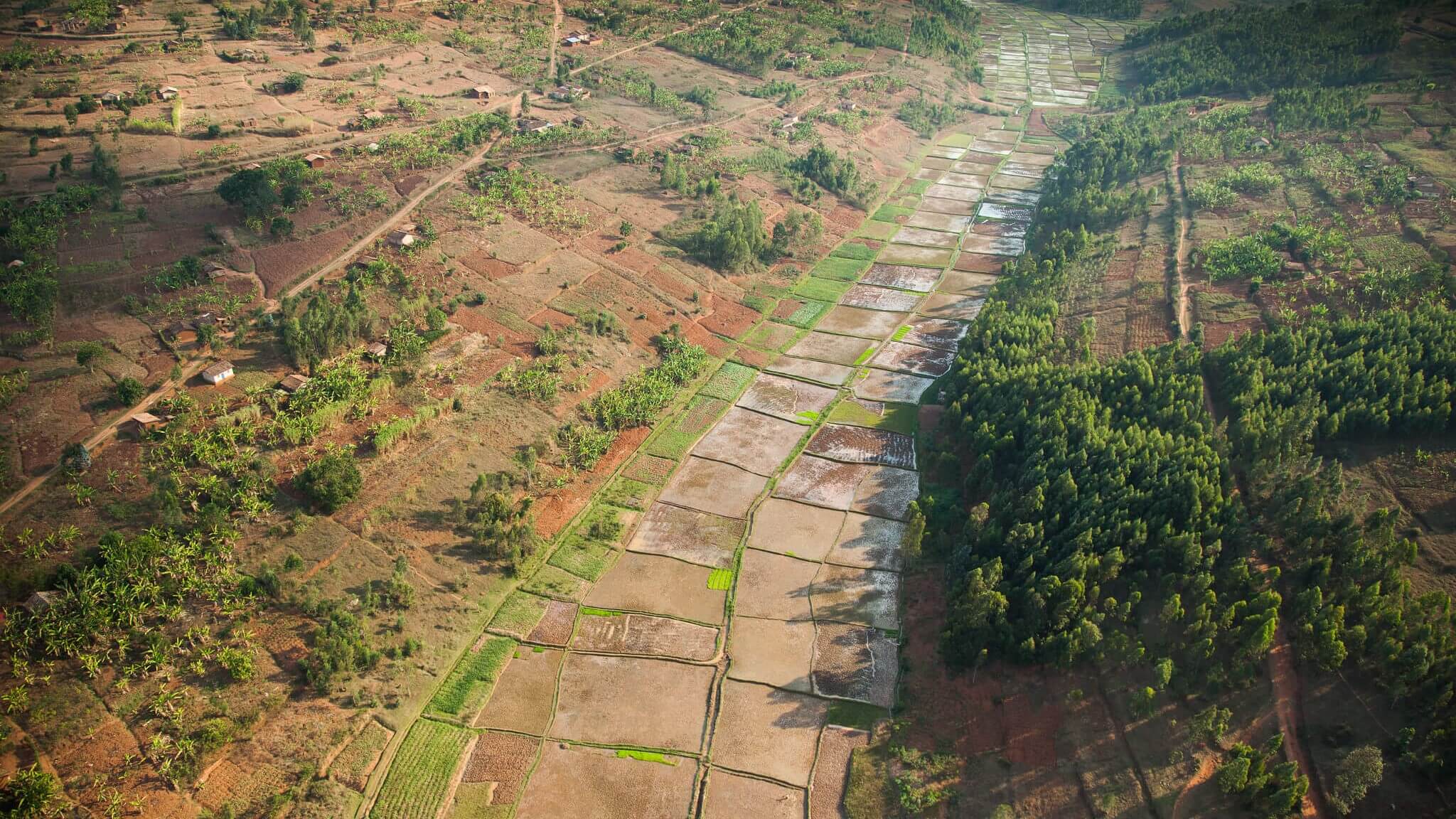 blog
blog
Science-driven strategy to balance food security with public health in Rwanda
Learn more Learn more about Science-driven strategy to balance food security with public health in Rwanda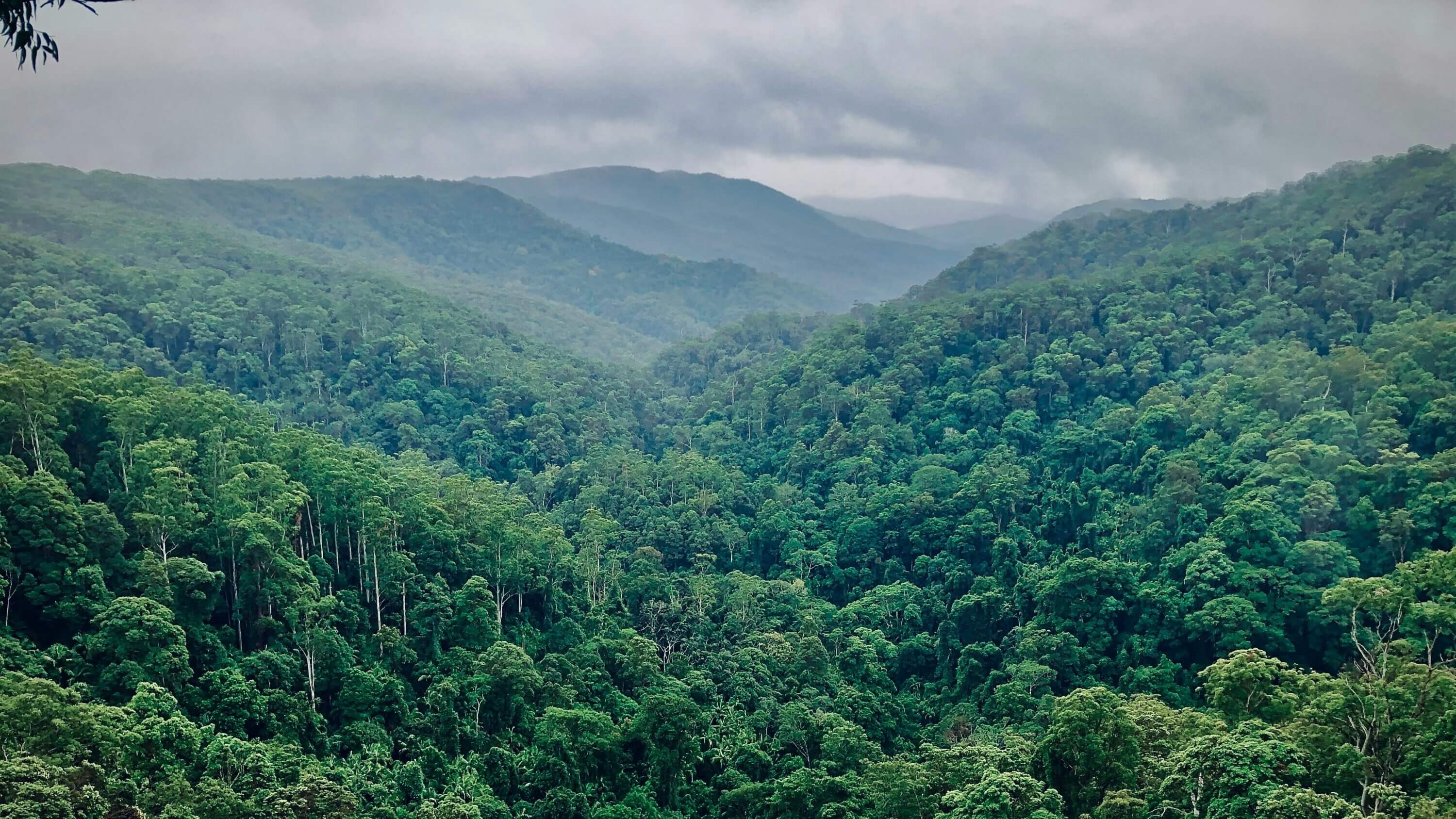 blog
blog
What we learned about social transformations to sustainability from a decade of transdisciplinary research
Learn more Learn more about What we learned about social transformations to sustainability from a decade of transdisciplinary research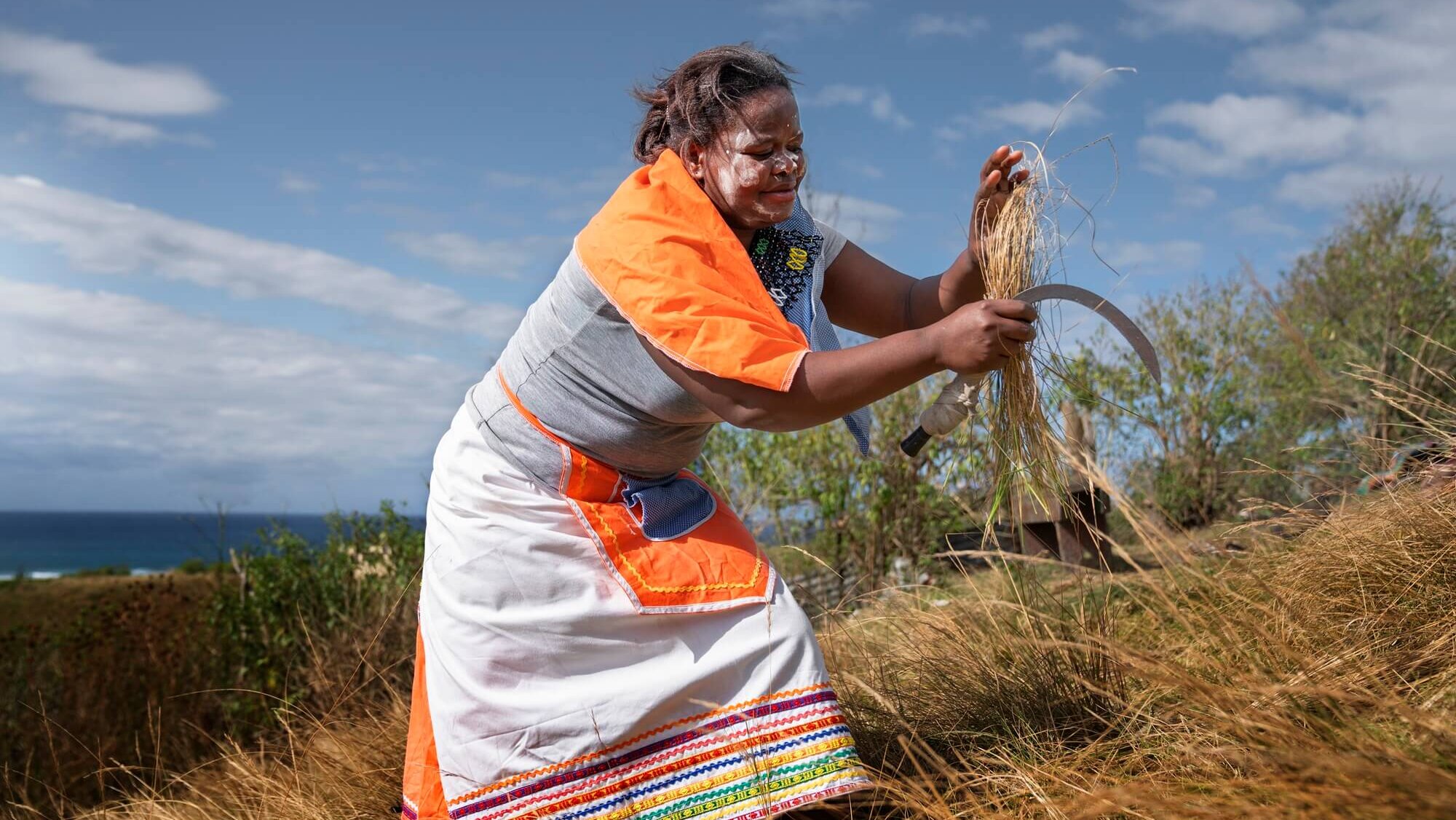 blog
blog
Science in action to achieve Sustainable Development Goals
Learn more Learn more about Science in action to achieve Sustainable Development GoalsOur work View all
 completed
completed
Leading Integrated Research for Agenda 2030 in Africa (LIRA 2030)
Learn more Learn more about Leading Integrated Research for Agenda 2030 in Africa (LIRA 2030)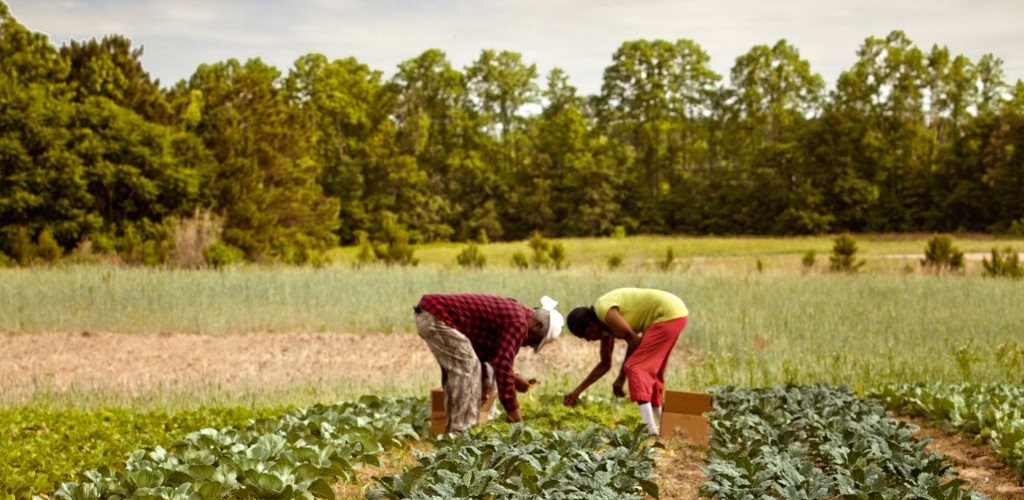 completed
completed
Transformations to Sustainability (2014–2022)
Learn more Learn more about Transformations to Sustainability (2014–2022)Publications View all
 publications
publications
Synthesis of the Transformations to Sustainability programme
Learn more Learn more about Synthesis of the Transformations to Sustainability programme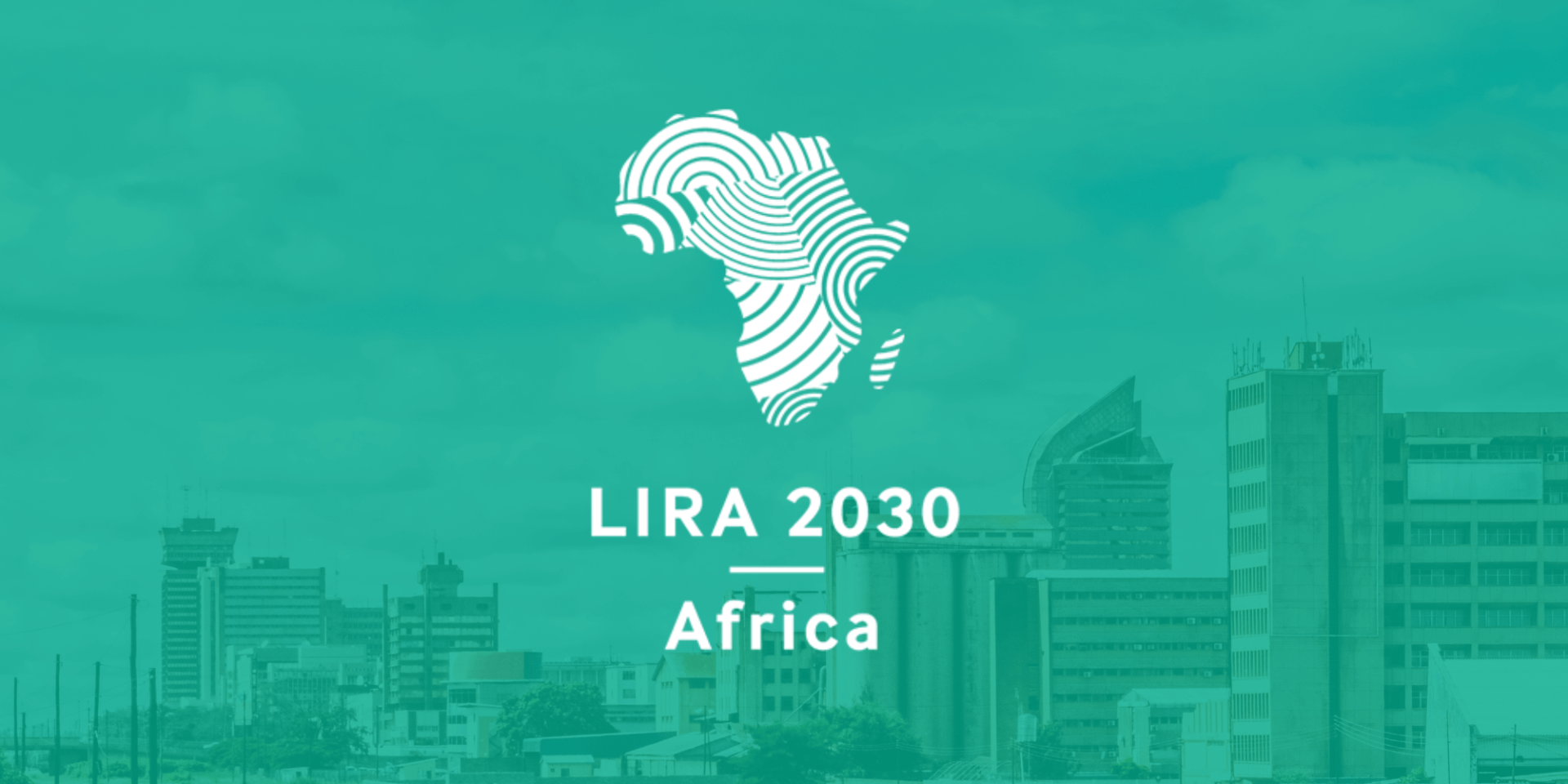 publications
publications
Final Evaluation Report: LIRA 2030 Africa
Learn more Learn more about Final Evaluation Report: LIRA 2030 Africa publications
publications
Flipping the Science Model: A Roadmap to Science Missions for Sustainability
Learn more Learn more about Flipping the Science Model: A Roadmap to Science Missions for Sustainability publications
publications
A Model for Implementing Mission Science for Sustainability: proposed by the Technical Advisory Group to the Global Commission on Science Missions for Sustainability
Learn more Learn more about A Model for Implementing Mission Science for Sustainability: proposed by the Technical Advisory Group to the Global Commission on Science Missions for Sustainability publications
publications
Looking at the future of transdisciplinary research
Learn more Learn more about Looking at the future of transdisciplinary research publications
publications
